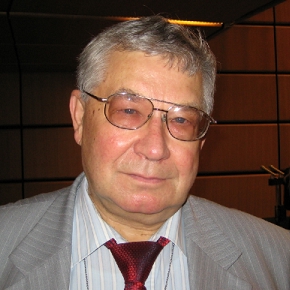 |
||
|
China Under Less Pressure from US due to Ukraine Crisis – Expert RIA Novosti, PUBLISHED 16.08.2014 Since the crisis in Ukraine erupted, the US foreign policy has shifted from Asia to Russia and its European neighbors, said Yun Sun, a fellow at Henry L. Stimson Center, a Washington-based global security think tank, in an interview with Radio VR. “The US was focused on pivot to Asia with the mounting pressure on China. Now Russia is the new troublemaker … That has naturally lifted some of the pressure on China,” the expert on Chinese foreign policy and US-China relations stated. The second feature is an attempt on both sides to foster cooperation between the two countries. “The US and China are trying to cooperate in Afghanistan to facilitate stability and development,” Yun Sun stated. Both countries put a great deal of effort into promoting sustainable development and addressing local crises in Africa. One of the cases in point is the current Ebola outbreak, considered the worst in history. According to the WHO, the disease has already claimed at least 1,069 lives. Other news: Rosatom Says Has Enough Uranium for a Century Rosatom is in the second place by Uranium reserves in the world. Ex-TEPCO Executives to Face Criminal Charges Over Fukushima Disaster The decision of the 11-member public panel concerns Tsunehisa Katsumata, chairman of TEPCO at the time of the disaster, and two former vice presidents – Sakae Muto and Ichiro Takekuro. Russian, Chinese Companies Sign Memorandum to Build Floating Nuclear Plants The memorandum was signed by Dzhomart Aliev and CNNC New Energy President Tianlin Qian. |
Hero of the day 
The ISTC Responsible Science Program and Subprogram Culture of Nuclear Nonproliferation The dual-use nature of nuclear technology consisting in the potential for its application equally in peaceful and military sphere is the basic contradiction for the existing nuclear nonproliferation regime and comprehensive development of the nuclear power and nuclear fuel cycle. INTERVIEW
Jerry Hopwood OPINION
Joint Plan of Action |

